How INL’s reactor safety code extends beyond nuclear
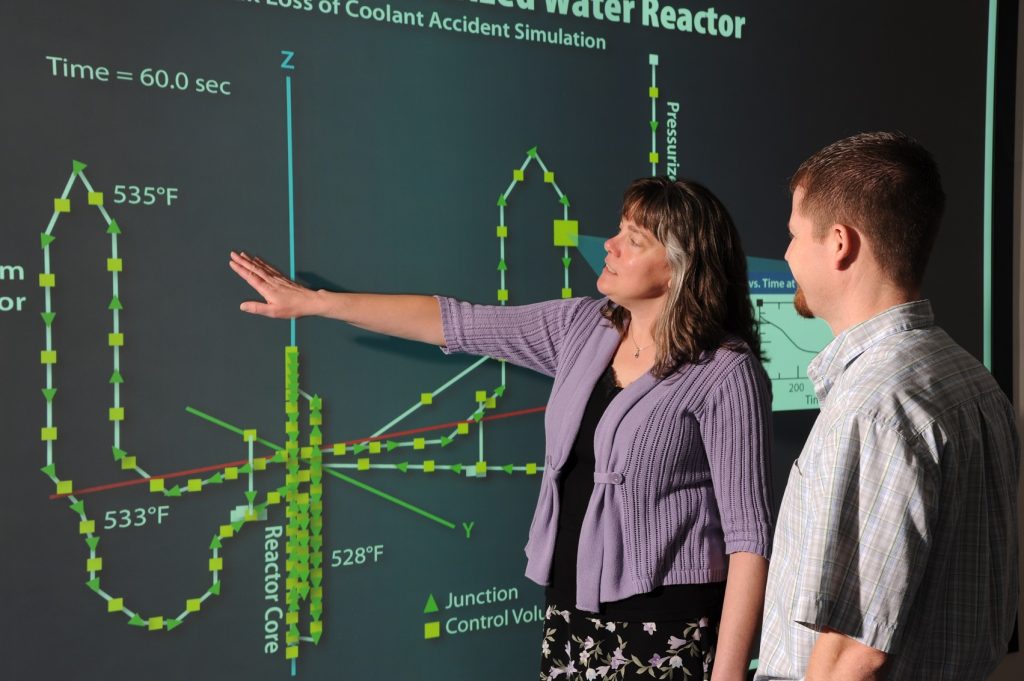
INL’s reactor safety code is used to support reactor safety analysis, reactor design, university education and operator training.
National Labs resume plutonium production for space exploration
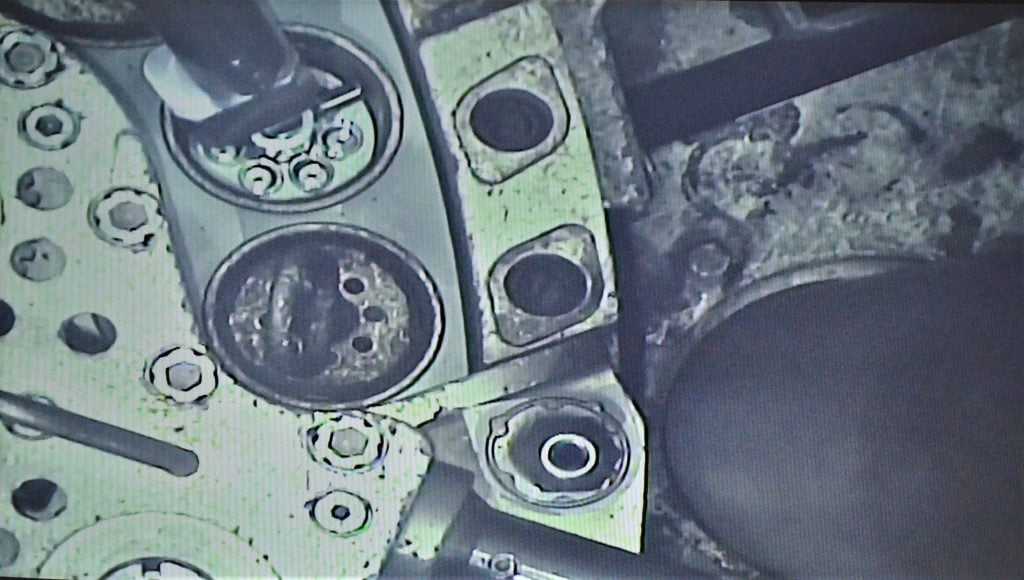
Plutonium is hard to come by. That’s why DOE is producing a new supply of Pu-238 to enable and power future NASA missions.
INL preparing resiliency guidebook for state of Idaho
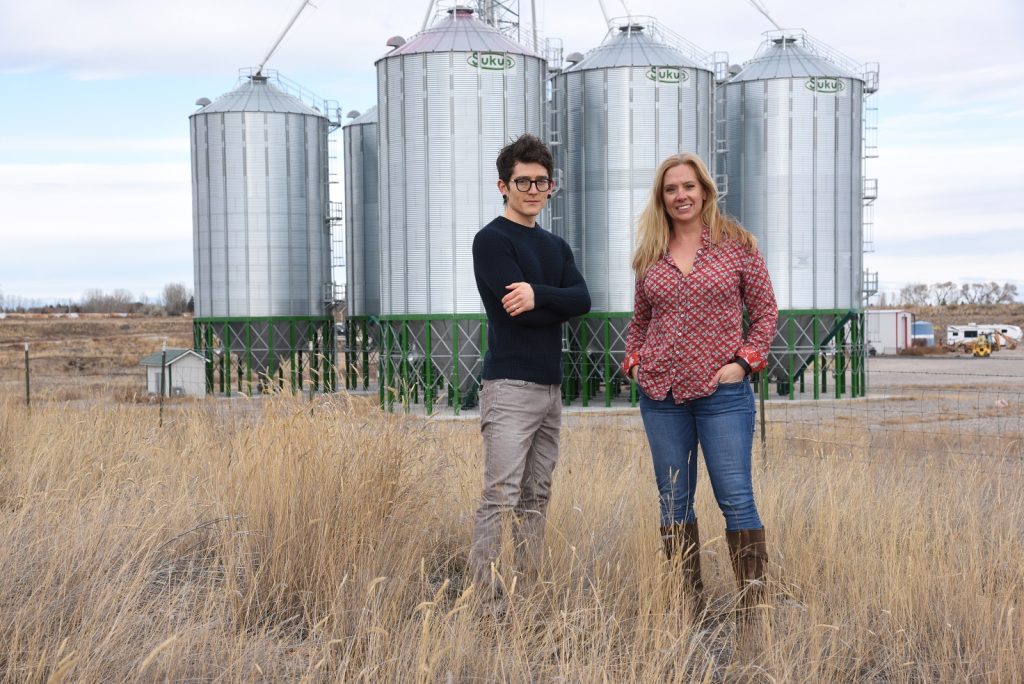
INL is developing an Idaho Infrastructure Guidebook that will offer details on infrastructure critical to community lifelines and the state’s economy.
Making better – and broader – contingency plans
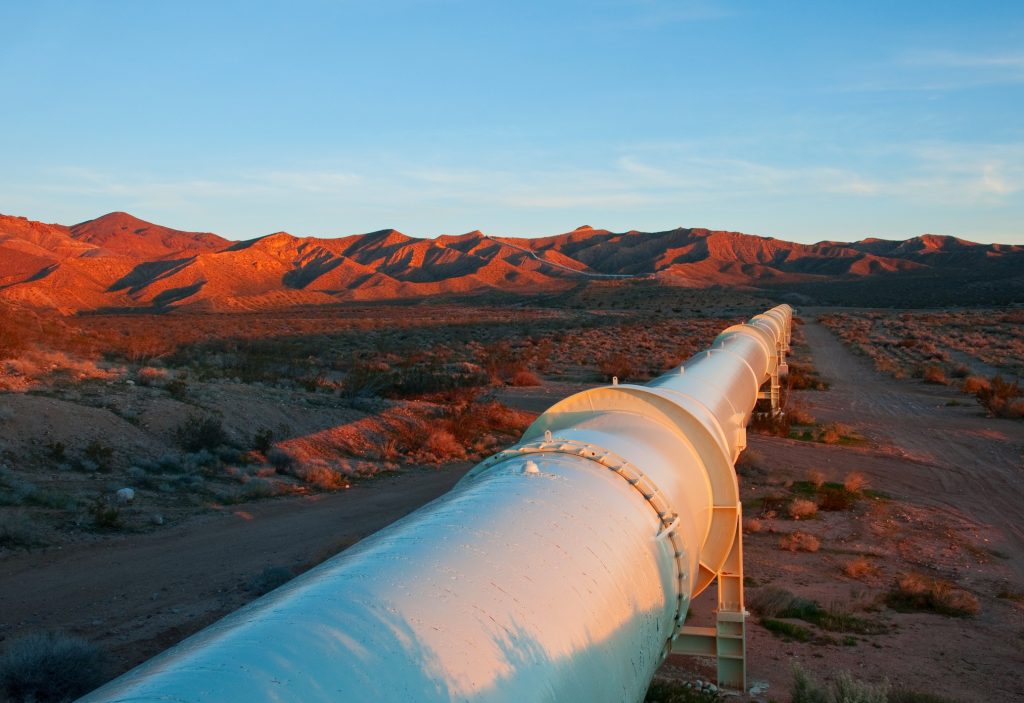
The Department of Homeland Security’s Regional Resiliency Assessment Program helps develop contingency plans for critical infrastructure systems.
Bringing high-power charging to heavy-duty EVs
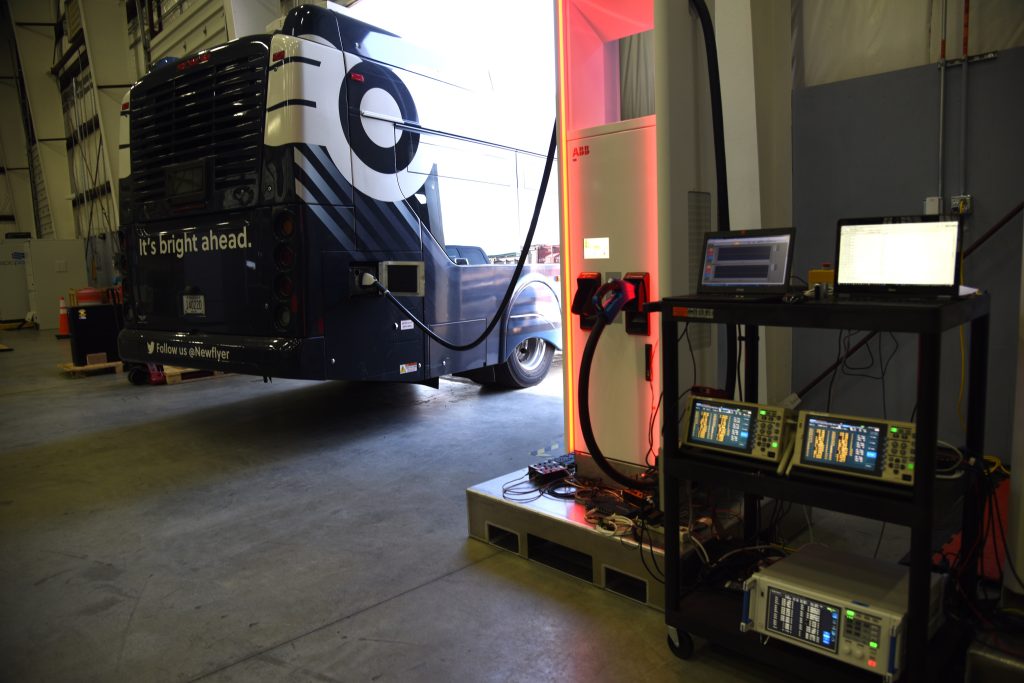
High-power charging could charge large commercial vehicle batteries fast enough to make EVs a viable option for businesses and municipalities.
CoDeAc: Safe, Fast Radionuclide Detection

INL researchers developed a detection tool for first responders that immediately identifies the precense of radiation and radioactive materials.
Software improves control room operator efficiency, lowering cost
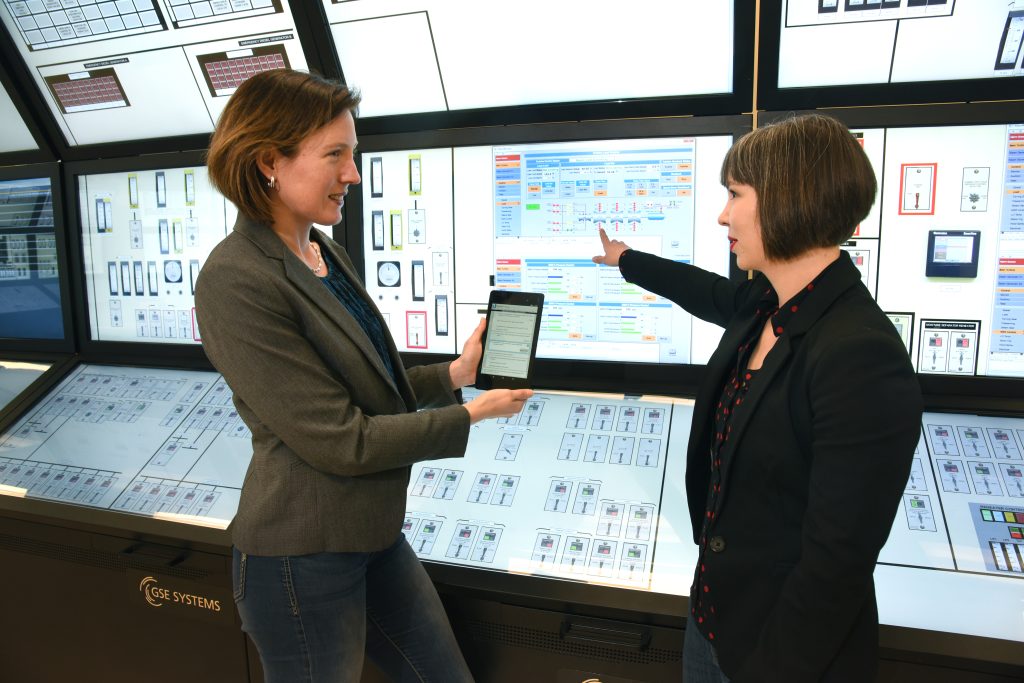
The U.S. D.O.E awarded a grant to INL and GSE Systems to collaborate on a support tool that helps control room operators become more efficent.
New tool helps emergency managers understand hidden impacts of disasters
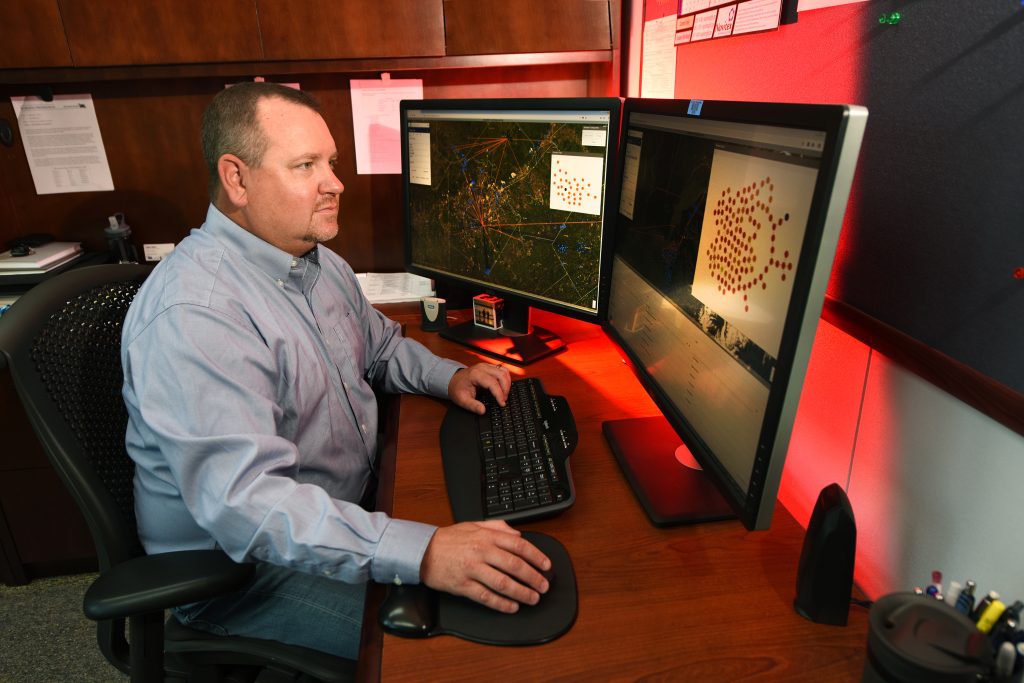
INL researchers have developed a tool that helps understand the effects of disasters and how to properly respond to any given situation.
Commercial alloy qualified for new use, expanding nuclear operating temperature
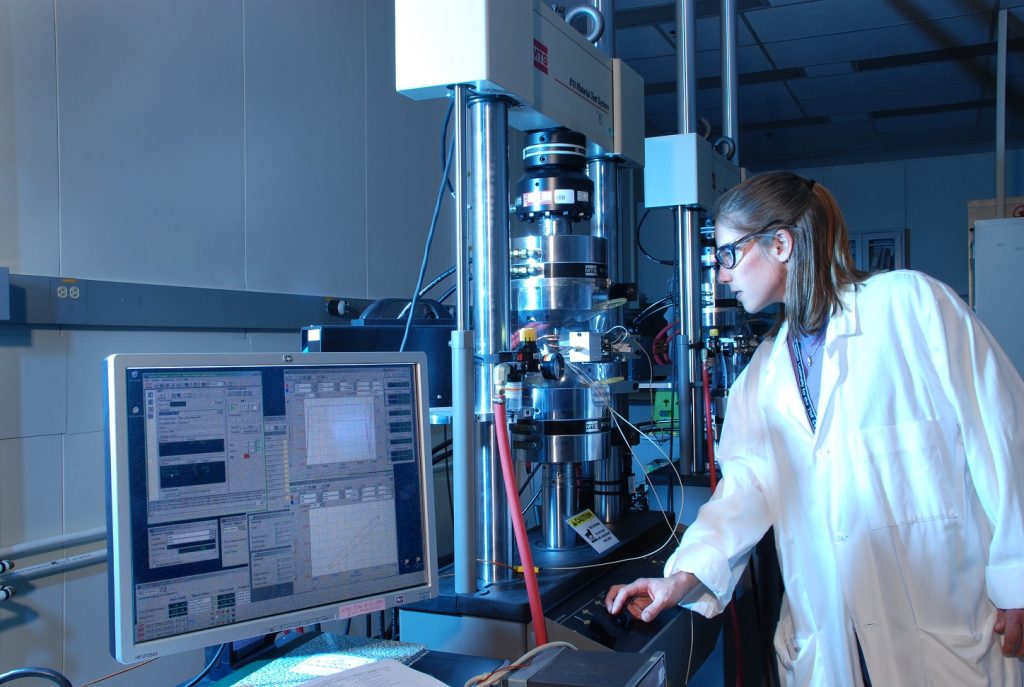
An INL team recently helped established commercial Alloy 617, a new material that is expanding the operating efficency of nuclear reactors.
Biomass processing lab gets new tools for turning straw into gold
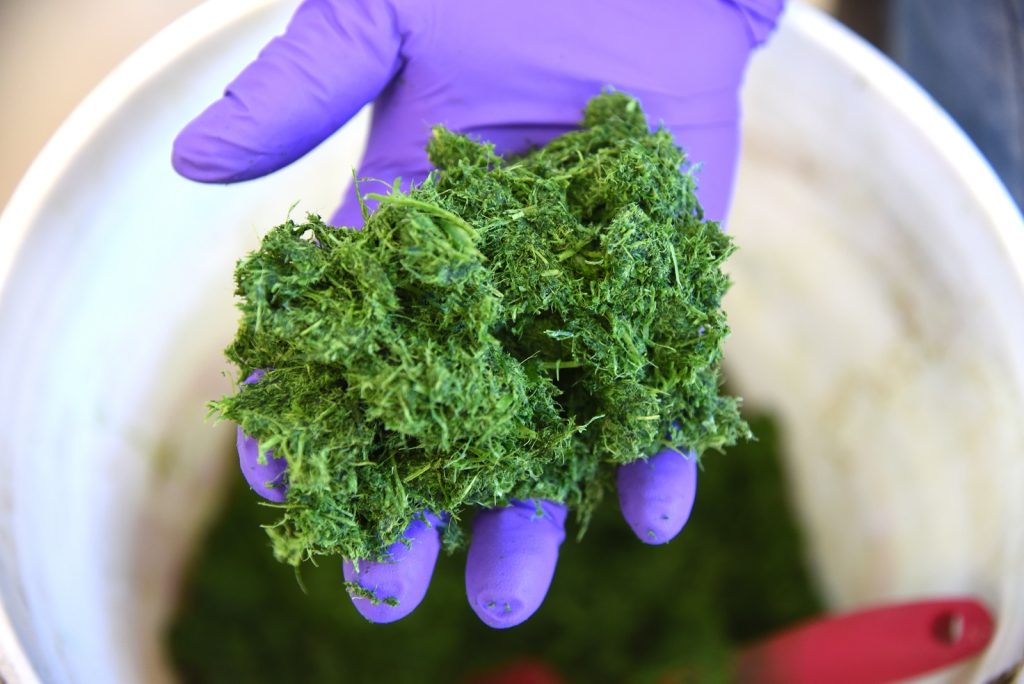
The Biomass Feedstock National User Facility’s Process Development Unit is being reconfigured to improve processing of biomass into biofuels.
Bringing Resilient Power to Puerto Rico with Microreactors
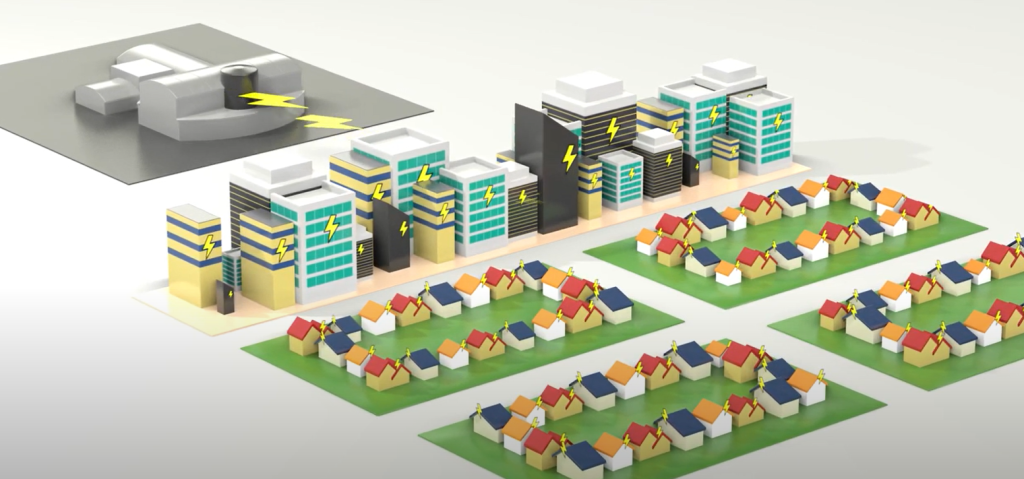
Researchers at INL are developing and testing the fuels that will power the next generation of microreactors that could be used in places like Puerto Rico.
Diamonds vs. coal: Discovery could help fine-tune carbon microstructure
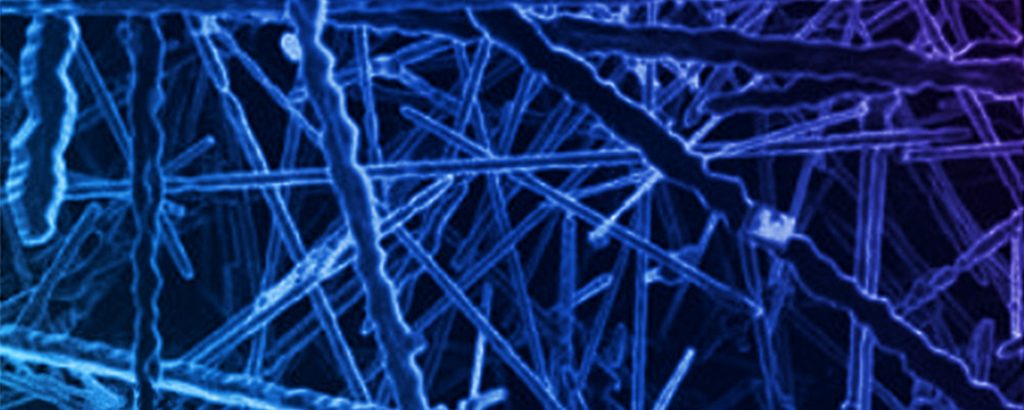
A group of researchers at INL have conducted a study with a discovery that could lead to improved methods to fine-tune the carbon microstructure.
Making sound from light, INL researchers probe microcrystals
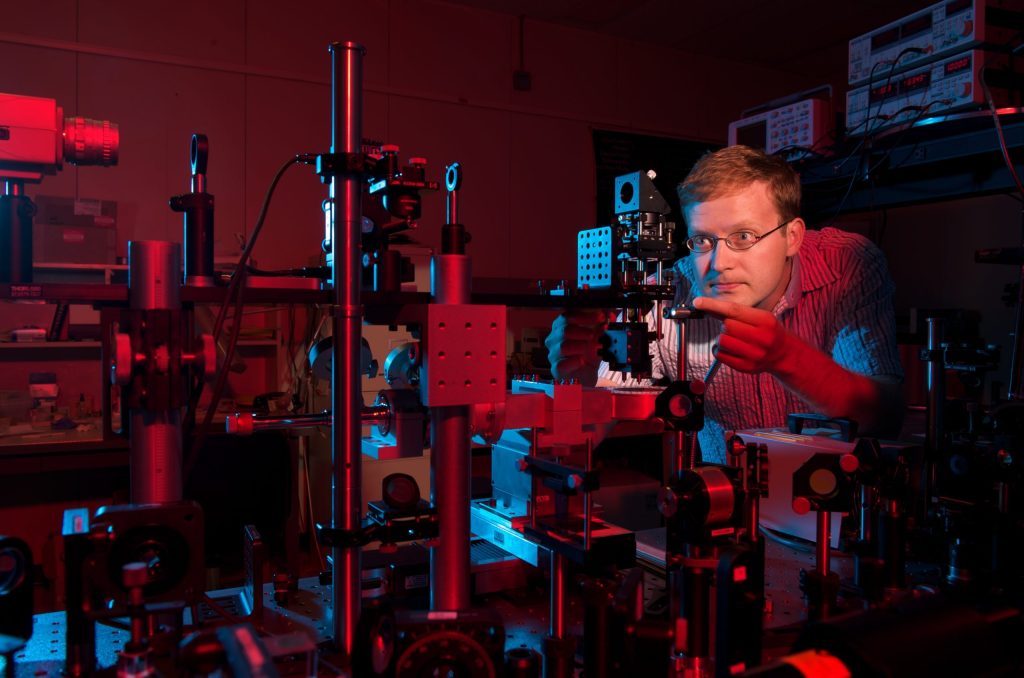
INL researchers have demonstrated that light-generated sound waves can remotely and nondestructively reveal a material’s microcrystals.
Machine learning helps scientists interpret crystal patterns
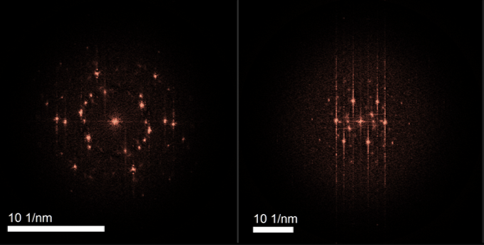
INL researchers have helped develop a machine learning computer model that can interpret crystal diffraction patterns in hours instead of weeks.
Researcher highlight: Yoshiko Fujita
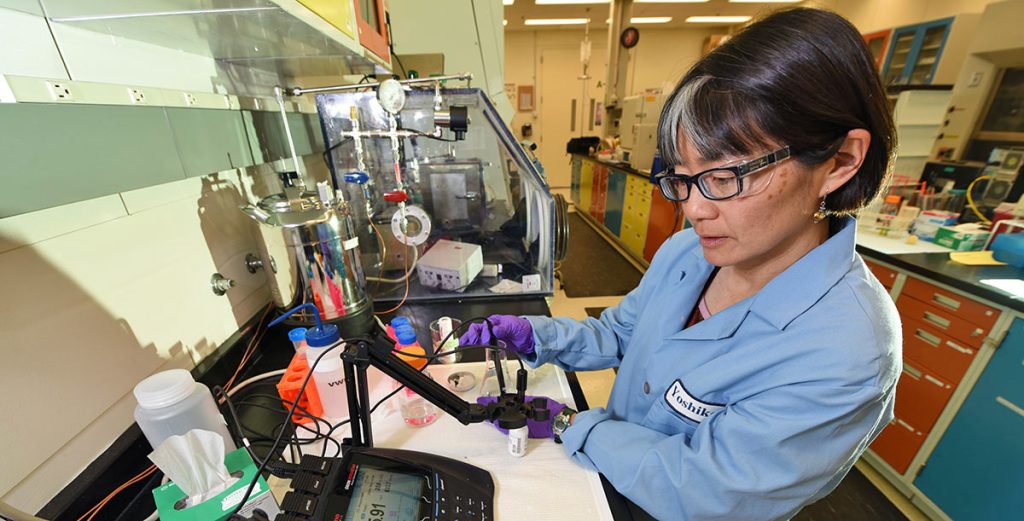
Growing up, Yoshiko Fujita did not really see herself as a scientist. Today, she’s a researcher at INL. Read more about her research and work at the lab.
INL wins two Federal Laboratory Consortium regional awards

INL has been honored with two FLC Awards, an honor bestowed by Congress to promote, educate and facilitate technology transfer nationwide.
Security Systems Division Wins Prestigious DOE Award
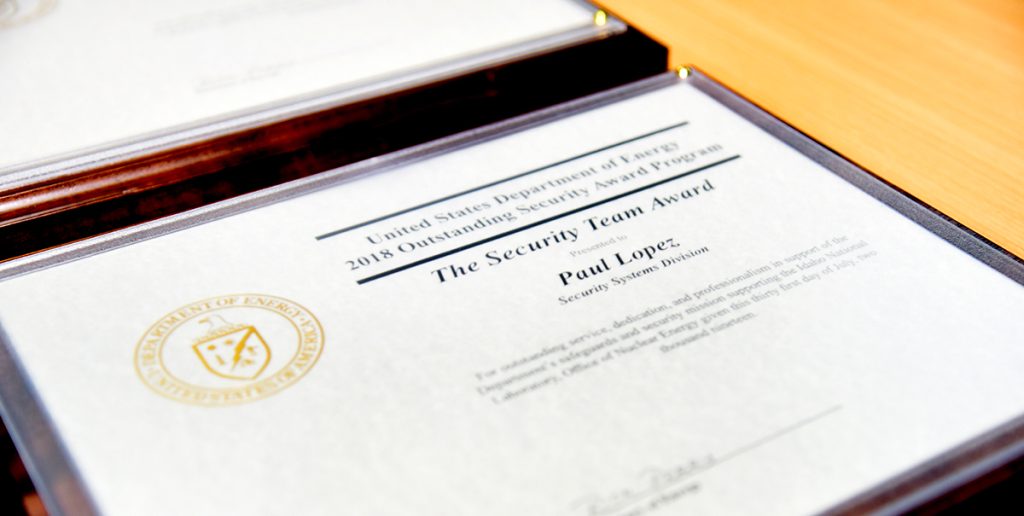
INL’s Security Systems Division recently received the 2018 Outstanding Security Team Award for their efforts to upgrade a secuirty system at MFC.
How to train a Pro Force team member
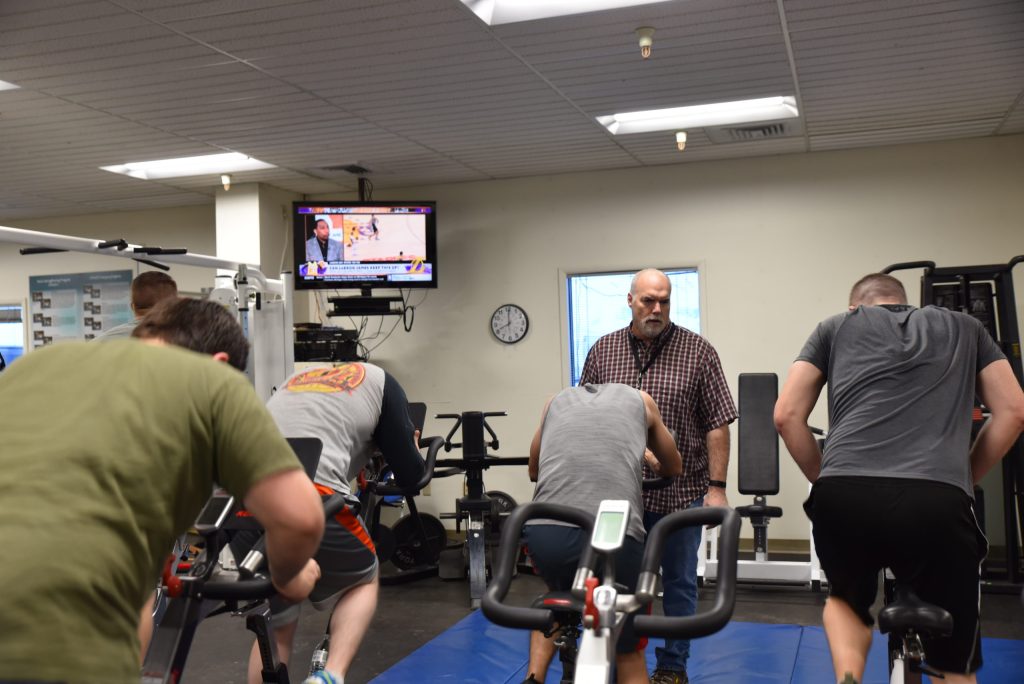
Being an INL Protective Force (Pro Force) officer is a challenging and invigorating career, and it all starts with training.
Supporting small business innovation
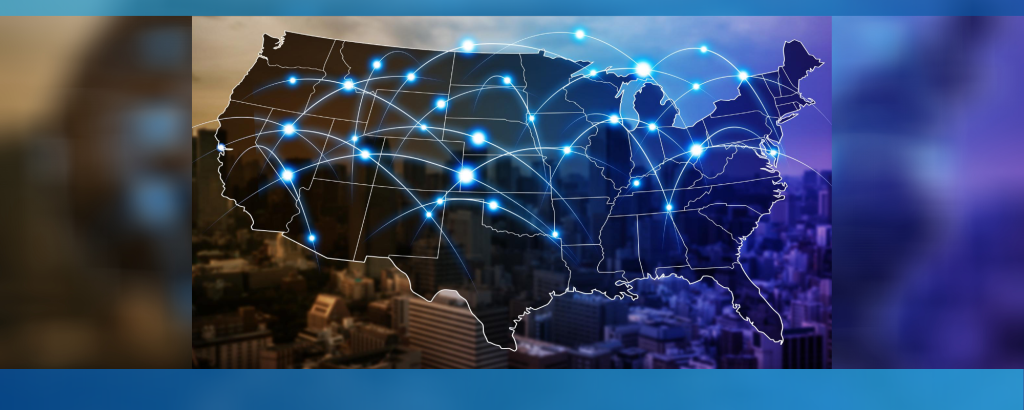
Five INL-supported projects have been included in the latest Small Business Innovation Research and Small Business Technology Transfer grant cycle.
INL Coding Coalition helps local team rank highly in national cybersecurity competition
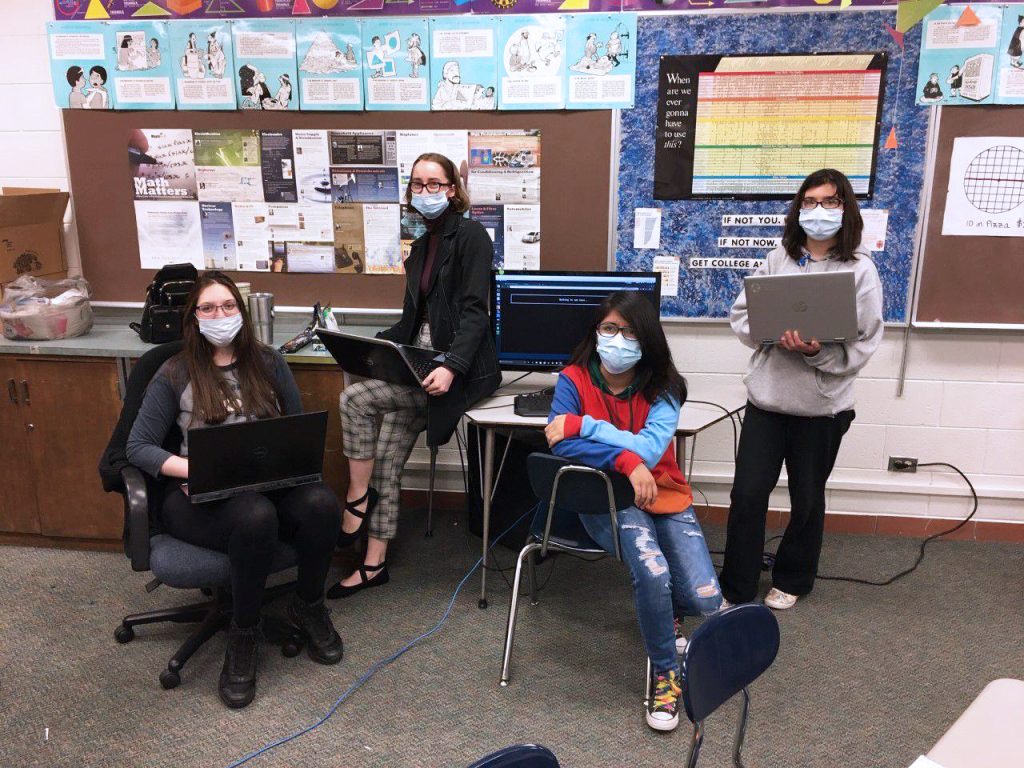
With help from the INL Coding Coalition, a four-girl team from Skyline High School finished 29th in Girls Go CyberStart, a national coding competition.
